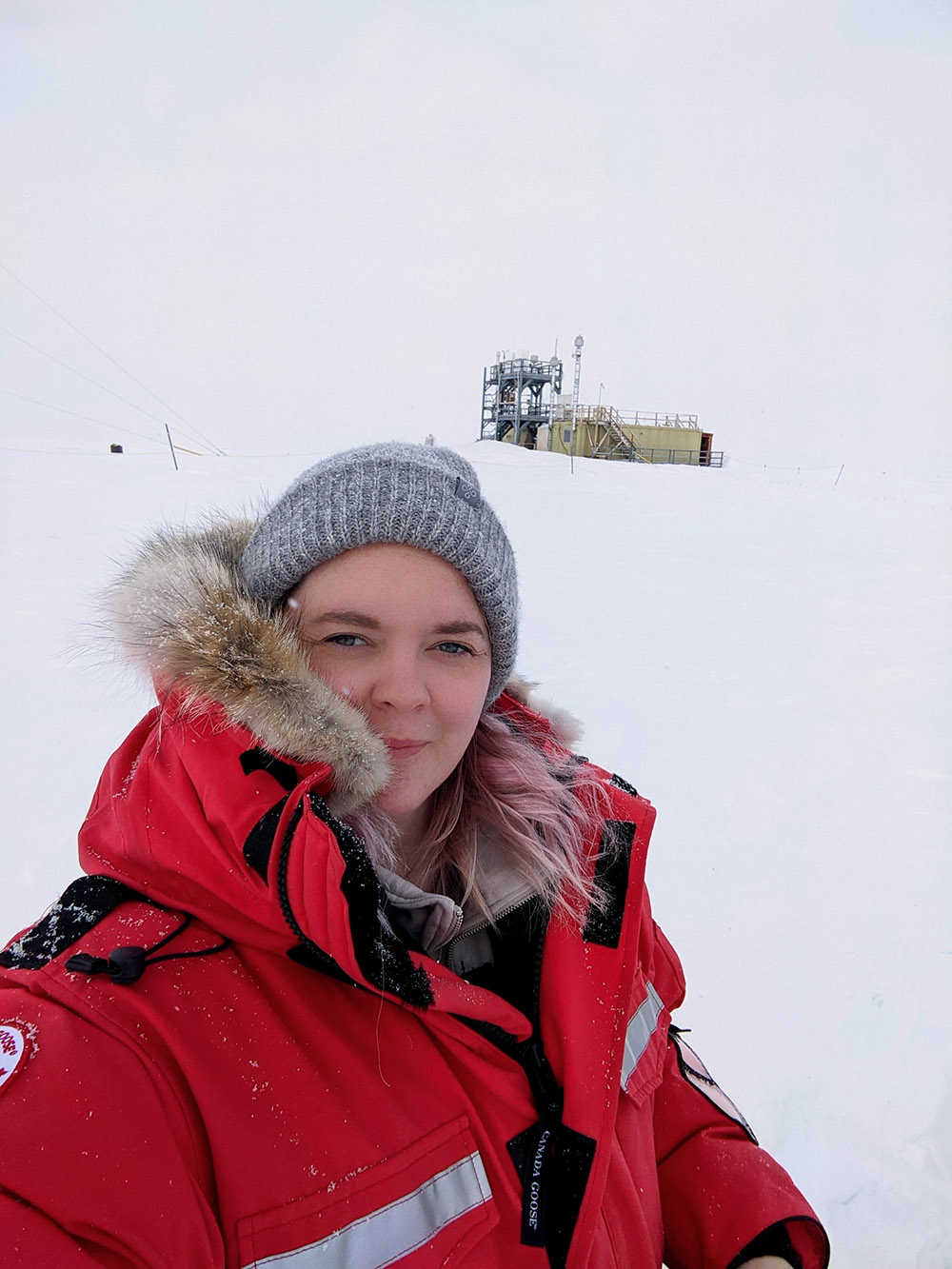Dr. Katrina MacSween is an environmental scientist who specializes in atmospheric mercury and the environmental conditions that influence how it moves through our air, land, and water. She completed her PhD at Macquarie University in Australia in 2020, where she studied how mercury is exchanged between land and air, and how weather and environmental conditions affect mercury emissions and deposition in the Australian environment.
From 2021 to 2024, Katrina was a postdoctoral researcher with Environment and Climate Change Canada, working in the Air Quality Research Division. There, she contributed to the development of Canada’s Global Mercury Passive Air Sampling Network—a program with over 100 sites across 35 countries. This global effort aims to better understand how mercury travels through the atmosphere and to fill key gaps in long-term data, especially in remote regions like the Canadian Arctic. Her work also explored how climate change, atmospheric chemistry, and environmental changes are influencing mercury levels in the High Arctic.
Katrina is now a postdoctoral fellow at the University of Toronto in the Department of Physical and Environmental Sciences. Her current research focuses on how climate change—and especially the thawing of permafrost—is affecting mercury emissions and mobility across Canada’s Arctic. Her work is helping to inform how global environmental changes may impact ecosystems and communities that rely on clean and safe environments.

